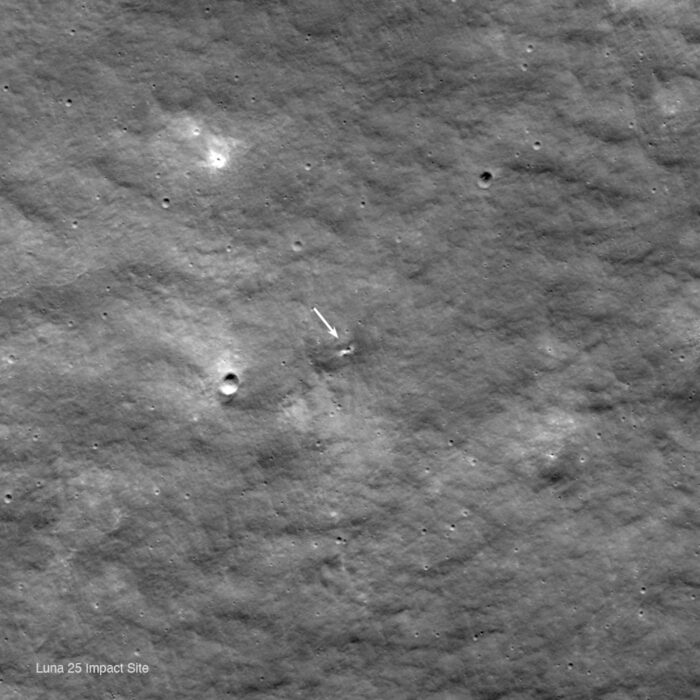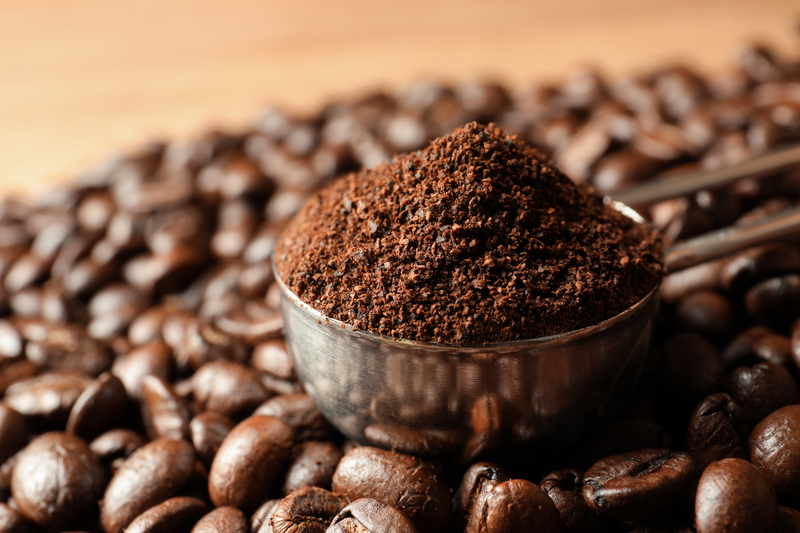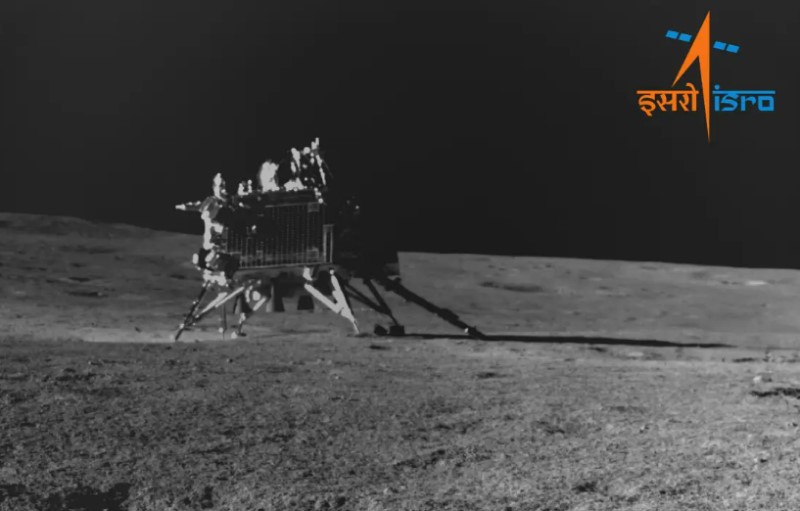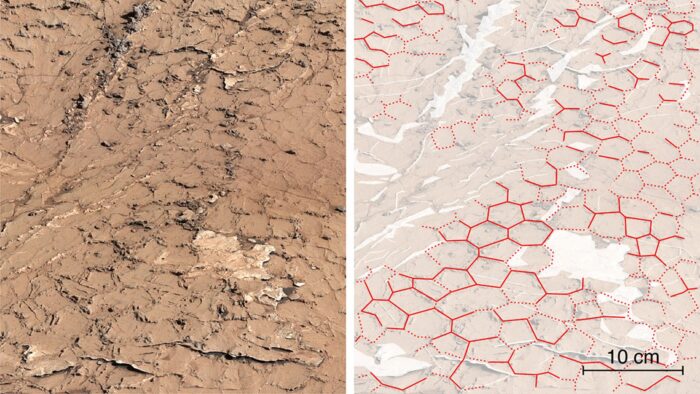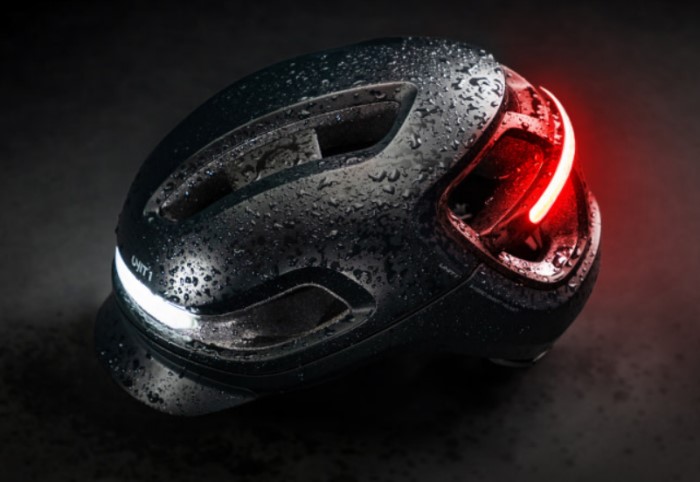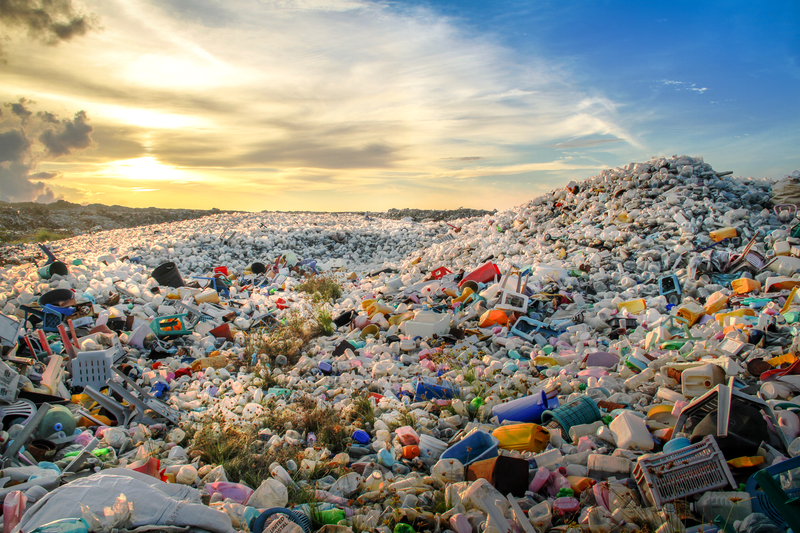May 6 to 21 is Science Odyssey, a celebration of all things science! OWLconnected is recognizing this two-week event with lots of science content, as well as with an amazing contest, presented by our friends at the Natural Sciences and Engineering Research Council of Canada (NSERC). Details are at the end of this post—be sure to enter!
Composting has been around a long, long time.
The idea of adding decomposing organic material (i.e. food waste, animal poop, etc.) to the soil where crops are being grown dates back thousands of years. And it's a simple concept. As the material decays, it releases essential nutrients into the soil, making it healthier and more supportive of new plants.
Recently, composting has made its way from the farm and the garden and into our kitchens. It is almost universal now for homes to have a compost bin for food scraps. Also, more and more disposable containers and utensils are being made of compostable materials. The idea is that these methods can greatly decrease the amount of waste that goes to landfill—one of the biggest problems in our world today.
Still there are a couple things about this process. It takes a long time. And it sort of smells bad. After all, decomposition is all about rotting! This is why to fully compost at home (turn food waste into soil), the process is best left to a more traditional bin that is kept outside, where worms and flies can do their thing at their own pace.
But now a new piece of kitchen tech is able to turn your peelings, eggshells, and other scraps into soil in a matter of hours. It is called the Lomi and it has us very curious about the future of dirt.
Mulch mulch mulch
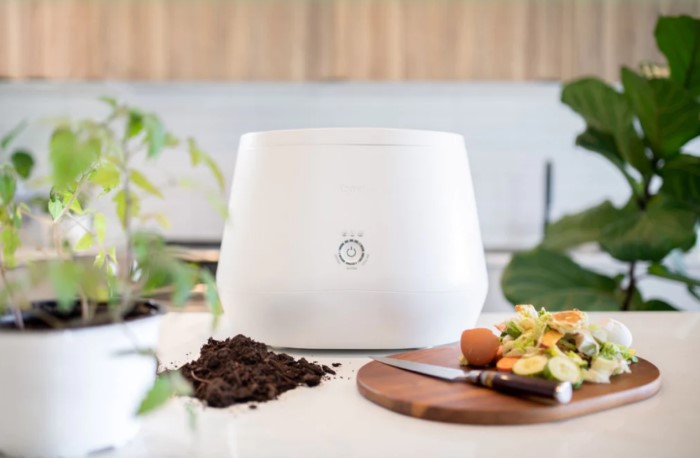
Meet the Lomi. (Lomi)
The basic idea behind the Lomi is that it accelerates the composting process. It uses heat, drying, and grinding to break down the food scraps while still preserving the nutrients, which is the whole point of a good compost!
It also uses pills called LomiPods that look kind of like dishwasher pods. These contain a blend of probiotics (micororganisms) that assist in breaking everything down. And finally, the unit has charcoal-based filters that absorb all of the bad odours created by composting so that your home doesn't get all stinky.
It almost seems too good to be true. And that is an important thing to think about.
The good and the bad
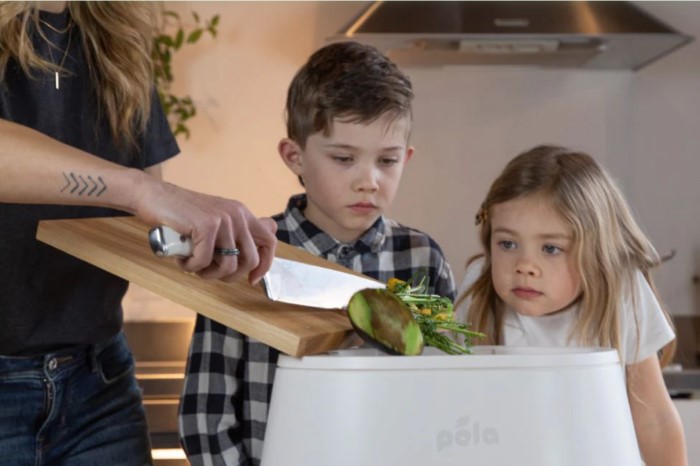
In it goes! An example of the stuff that can go into the Lomi and be turned into soil. (Lomi)
The catch with the Lomi is that is has different settings. The fastest one, called Eco-Express (4 to 6 hours), essentially just turns the the waste into fully decomposed matter that will no longer stink. But it also does it so quickly, using higher heat, that it essentially kills any of the nutrients. So the stuff isn't harmful, but it isn't exactly helpful either.
The Grow mode is something we like the sound of a lot more. In 16 to 20 hours, it composts the food waste more slowly, turning it into a healthy fertilizer for your garden or house plants. The difference? Because the process is slower, the device can stay more in a Goldilocks zone temperature-wise, not too cold, not too hot. The nutrients are preserved!
Finally, it has a third mode that can be used to break down bio-plastics and other compostable items. But. These items must match an approved list, meaning that even if you have takeout containers that say they're 'compostable', they may not work with the machine. Bummer.
Natural is still better ... if you can do it
Many major cities have downtown areas where hundreds of thousands of people live in highrise buildings. Though there are more and more community gardens popping up for this reason, not everyone has access to composting bins. (Getty Embed)
So what is the takeaway from this sort of machine? Is this really a way to help save the planet?
The short answer is that composting the old school way—with worms and flies and plenty of time outside—is still by far the best and cheapest way to do it. Devices like the Lomi need extra filters, pods, and require electricity to run. And they also cost hundreds of dollars.
However, not everyone has access to their own outdoor space, especially in big cities. And composting only happens during warmer months. In countries like Canada, that means that there's a good four to six months where composting is impossible.
When you look at the problem from this angle, the Lomi might make a lot of sense. Suddenly, stinky food scraps, many of which often still go to landfill instead of a true compost, get turned into soil in a matter of a day.
We think that gadgets like this are just the beginning. How do you think that science and tech can adapt to meet the needs that we have as a society?
Contest alert
Don't forget to enter the Science Odyssey Contest! CLICK HERE TO ENTER.

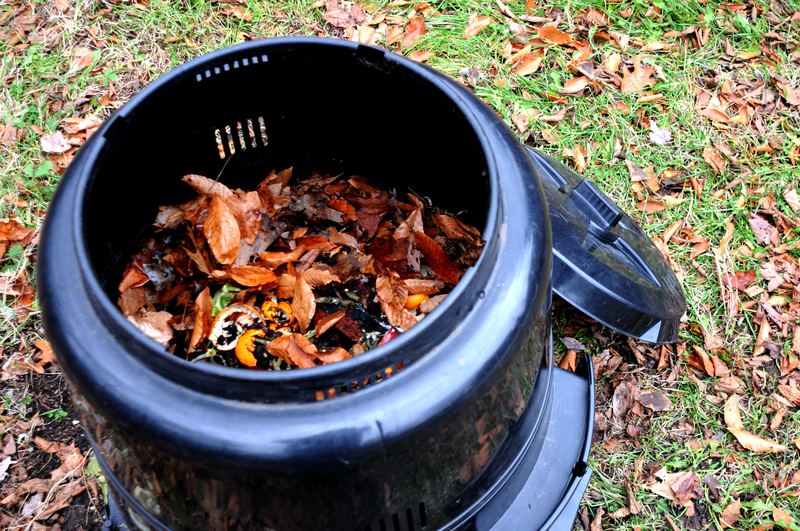 Many people use a compost bin in their backyard to turn food scraps into soil. (ID 22293200 © GeorgianBayBoudoir | Dreamstime.com)
Many people use a compost bin in their backyard to turn food scraps into soil. (ID 22293200 © GeorgianBayBoudoir | Dreamstime.com)

